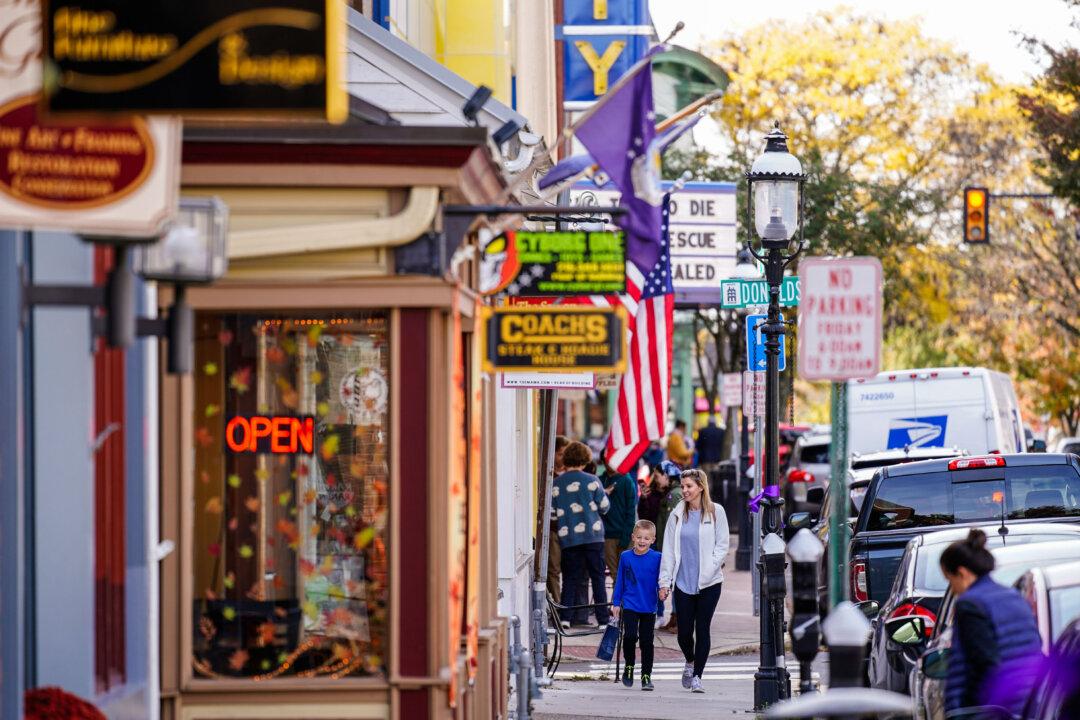Small-business owners are expressing renewed confidence in the economy on hopes of pro-growth policies of the incoming Trump administration, according to the National Federation of Independent Business (NFIB), whose latest survey shows that expectations for economic improvement in the year ahead have soared to a four-decade high.
The latest NFIB survey reveals that 52 percent of small-business owners expect the economy to improve, a 16-point increase from November and the highest reading since the fourth quarter of 1983. This surge reflects optimism not seen in decades as America’s small-business community anticipates a favorable economic environment under new leadership.





